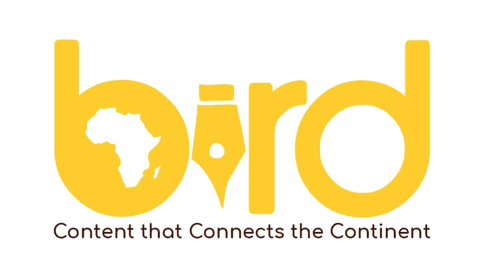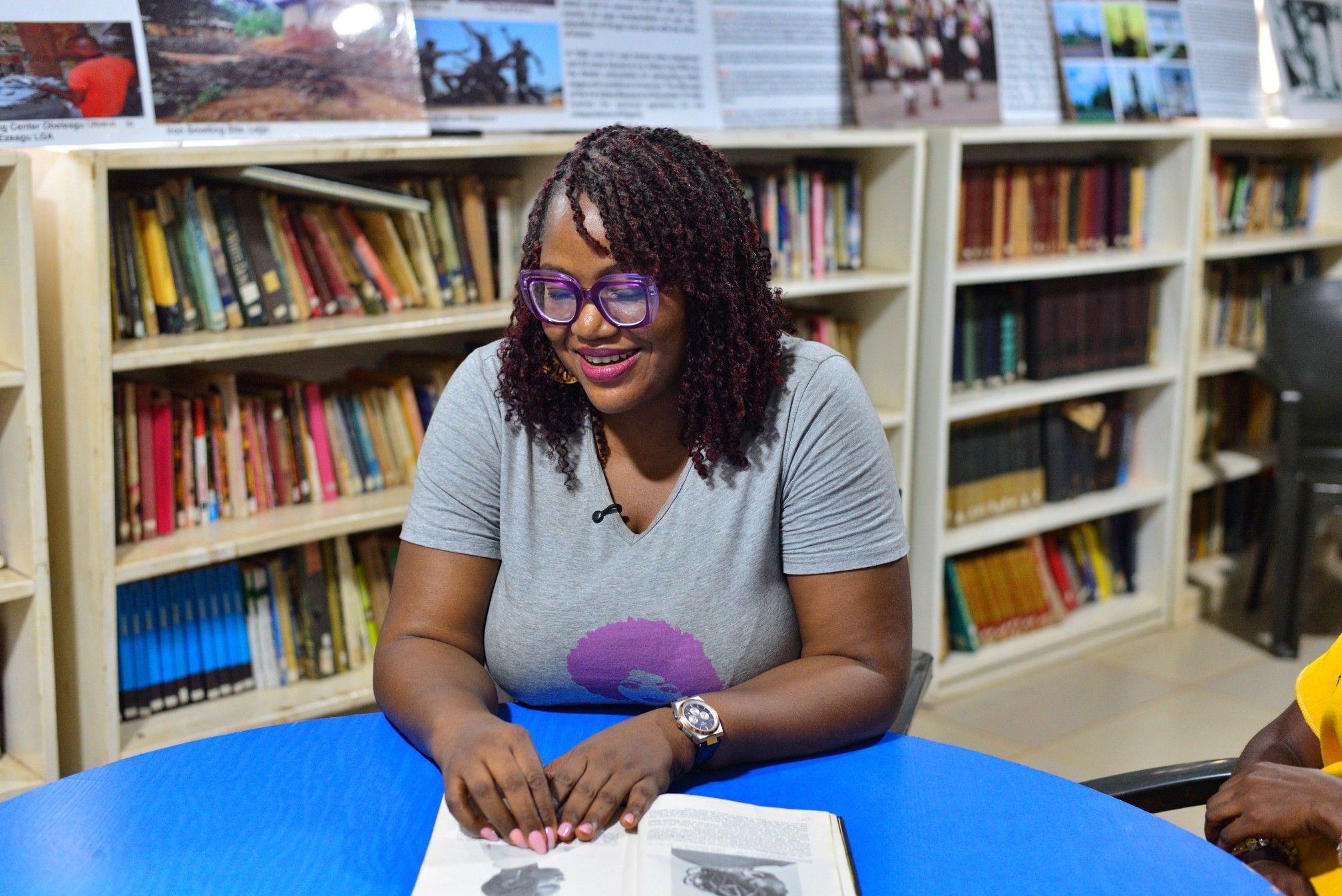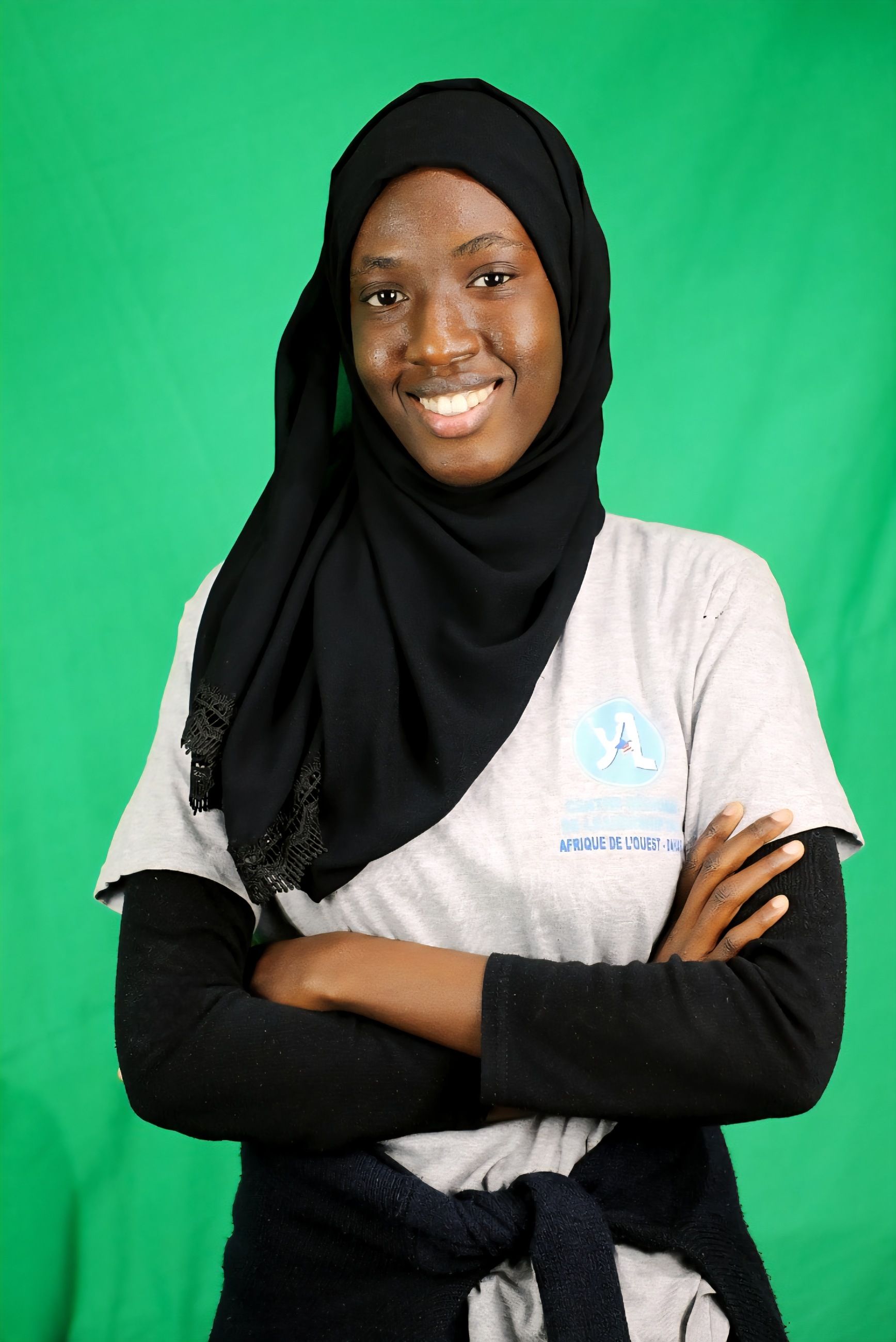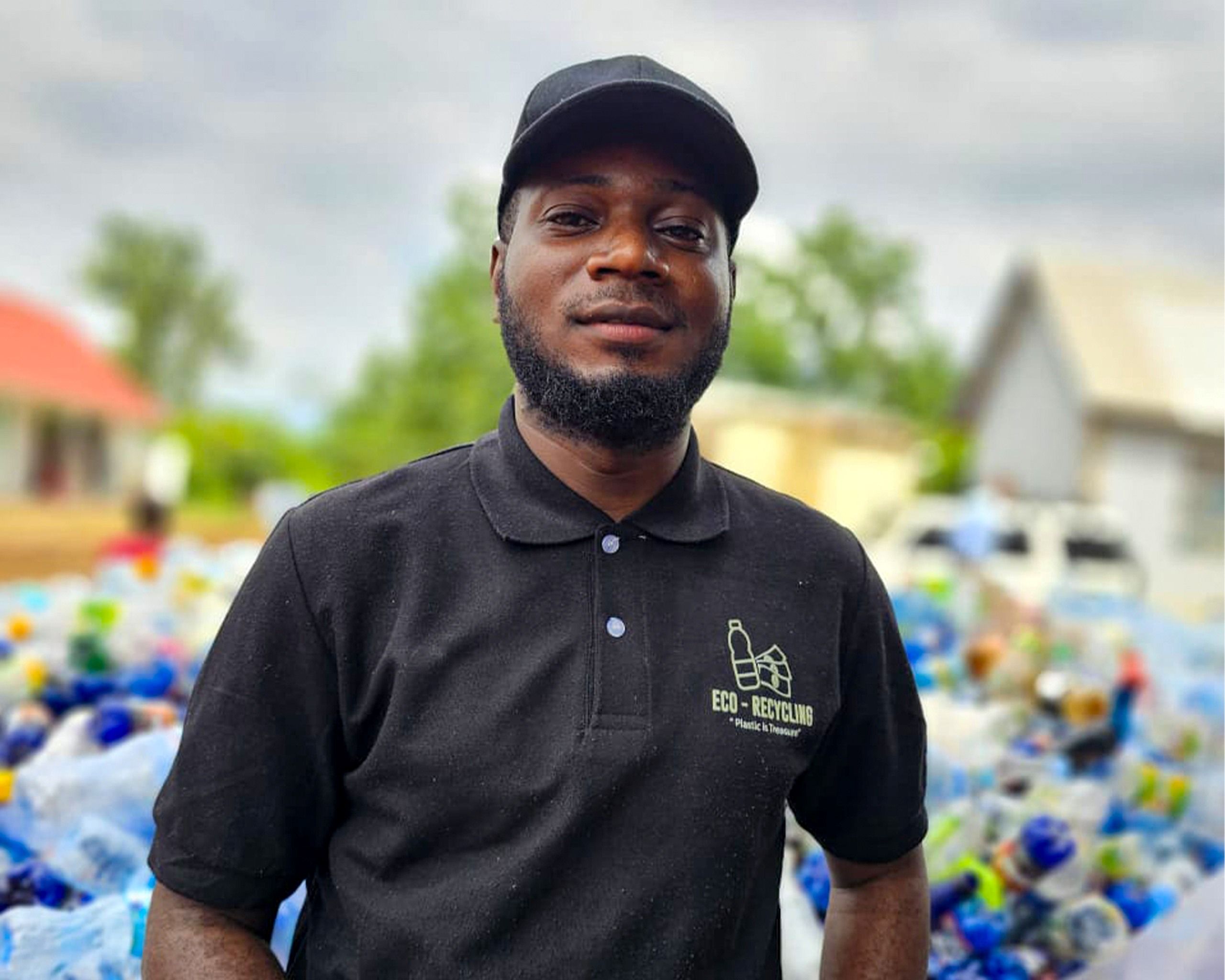A 34-year-old Cameroonian physician is bringing hope to poor women suffering the burden of breast and cervical cancer in the country’s remote villages by replacing multi-million dollar scanning services with a smartphone-based service.
By Patrick Nelle, bird story agency
For Cameroonian doctor, Conrad Tankou, it all started on an ordinary morning six years ago, when as a recently qualified physician, he was going about his daily routine of seeing patients, most of who complained of malaria, dysentery and other common infections. A woman entered his office complaining of severe lower abdominal pains.
After preliminary observations, all indications were that she was suffering from cervical cancer—in its advanced stages. Shaken, he ordered further tests, which a few weeks later, confirmed his suspicions.
For Tankou, this was a real case, a life, not just a theoretical discussion in a lecture hall. He did not know how to break the news to his patient. His mind whirled and he avoided eye contact with the woman, who was sitting on the edge of the seat, anxiously waiting for her doctor to tell her the cause of her unbearable pain—and of course, prescribe treatment.
The woman needed urgent treatment, but the poor state of healthcare facilities could not provide any solutions for her—or for most of the people suffering from cancer in rural areas in Cameroon, leaving women exposed to breast or cervical cancer particularly affected and abandoned.
“On several occasions, I saw women ostensibly diagnosed with a breast or a cervix cancer, often at a very advanced stage. But I didn’t have any devices to confirm the diagnosis or any treatments to give them in order to tame their pain. The saddest thing is that sometimes those women weren’t even aware that they had cancer,” he recalled, during a video interview with bird.
As a fresh physician graduate from Yaoundé University’s School of Medicine in Cameroon, this brush with reality left Tankou with a burning desire to heal and alleviate the pain of cancer patients. But he had to think out of the box. No easy task for a fresh graduate but he set his mind to finding a novel approach in the treatment of cancer.
“I just asked myself what I was doing here if I couldn’t provide my patients with the most basic relief they were seeking," he explained.
“I think that when you are a doctor, you must overcome those difficulties and do everything to assist your patients. To be complaining and criticizing the wrong is not efficient, you should try to bring about a solution to the problem,” he said.
Tankou studied his case and quickly identified the main holes in Cameroon’s cancer-care architecture.
“In Cameroon, we only have 18 cancer pathologists. Some countries in sub-Saharan only have two specialists,” he said.
Furthermore, he explained, those specialists are concentrated in towns, so women living in rural areas are excluded from cancer care.
In addition, there is a general lack of screening, diagnosis and treatment equipment, as Africa largely relies on imported and highly expensive technologies.
“If you take a look at our hospitals, they resemble dumps for discarded medical equipment. We spend a lot of money to import very expensive equipment, they break down after a short period of time, and end up discarded because we cannot repair them,” he said.
The statistics are worrying:
“Only 5 per cent of women at risk of developing breast and cervical cancer are regularly and effectively being tested. This is very worrying because cancer recovery primarily depends on early detection of the disease,” he said.
“80 per cent of the people diagnosed with an advanced cancer will die, so the core aspect of the problem is definitely early detection”.
Tankou was sure of one thing: it would be difficult to tackle the cancer scourge unless Africans developed locally-grown, accessible and cost-effective technologies, especially in the rural areas where there is a gap for early detection.
To achieve his goal, the young physician tapped into his own and his colleagues' tech skills. Together with his team, he created a set comprising a mobile app and several portable devices of their own making – a smart speculum, a smartphone-digital microscope, a biopsy device and a telemedicine platform.
This set-up, labelled Gicmed, allows a trained operator to examine a woman’s cervix and breast, and transmit the images and data it has captured to a specialist located anywhere in the world.
Tankou’s solution essentially replaces multi-million dollar scanners with cheap smartphones, offering a cost-effective alternative that allows the diagnosis to be delivered within 24 hours, where it would generally take several weeks.
Gicmed pilots have taken place in 23 remote healthcare facilities and have reached more than 10,000 women. Tankou has been bolstered by the positive reception his invention has had in the field.
“For example, we had a good feedback from women in Bomono, a small community 15 minutes north from Douala. Thanks to the smartphone, women could see the image of their own cervix for the first time and they were very responsive to that. They would compare it with the image of a healthy cervix and they would get an idea of their own health status,” he explained, with an optimistic smile.
To make Gicmed more sustainable and efficient, the team has also taken into account the lack of power and connectivity affecting remote areas.
“That solution can work off-grid and where there is no internet connection”, Tankou indicated.
International recognition has started to roll in.
Tankou was among the winners of the Cisco Global Problem Solver Challenge 2021, obtaining a 50 000 US dollar grant. Last September he was also granted first prize in the African Health Innovative Challenge, winning a 75 000 US check to take his invention further.
Gicmed has now officially been put forward for clinical trials to seek validation. After that, it is expected to be commercialised.
Once it is marketable, Tankou believes it will be possible to take Gicmed beyond his initial vision and to extend the invention’s application to other fields - with similar positive impacts.
“If we can do this for cancer, so it’s also possible for many other diseases”, he said.
bird story agency





